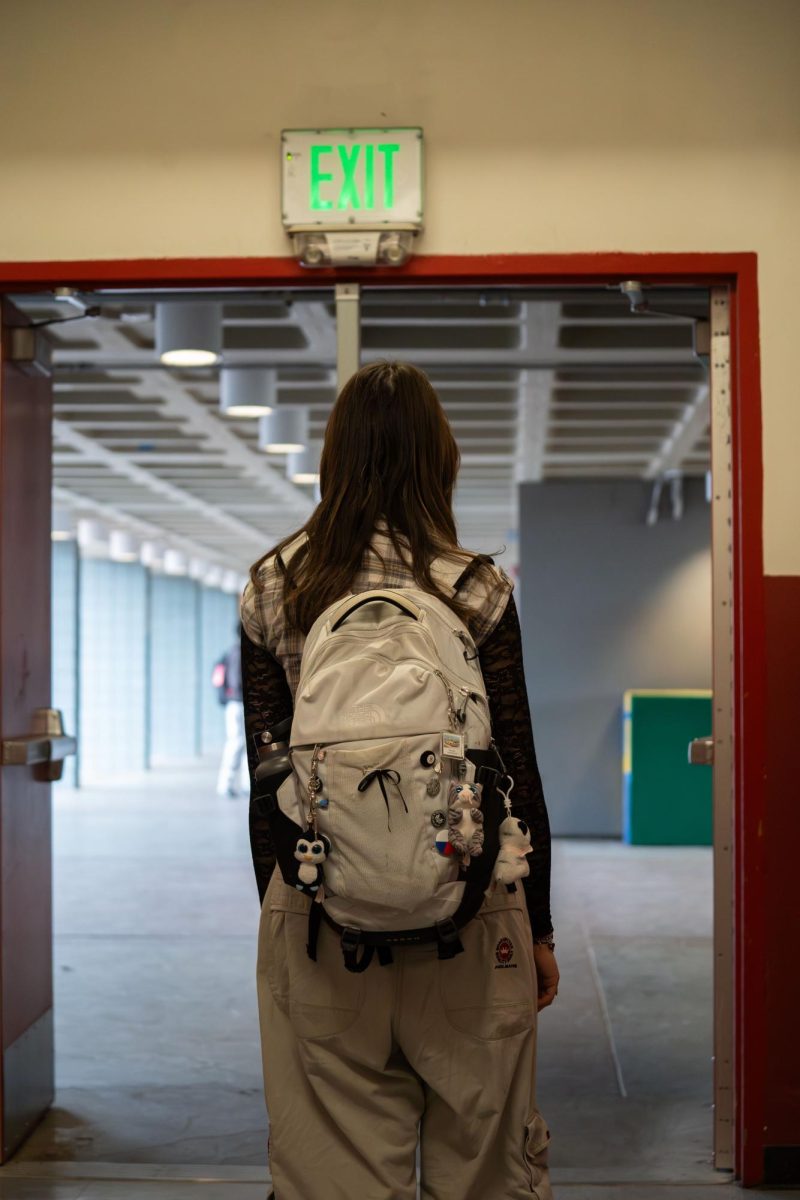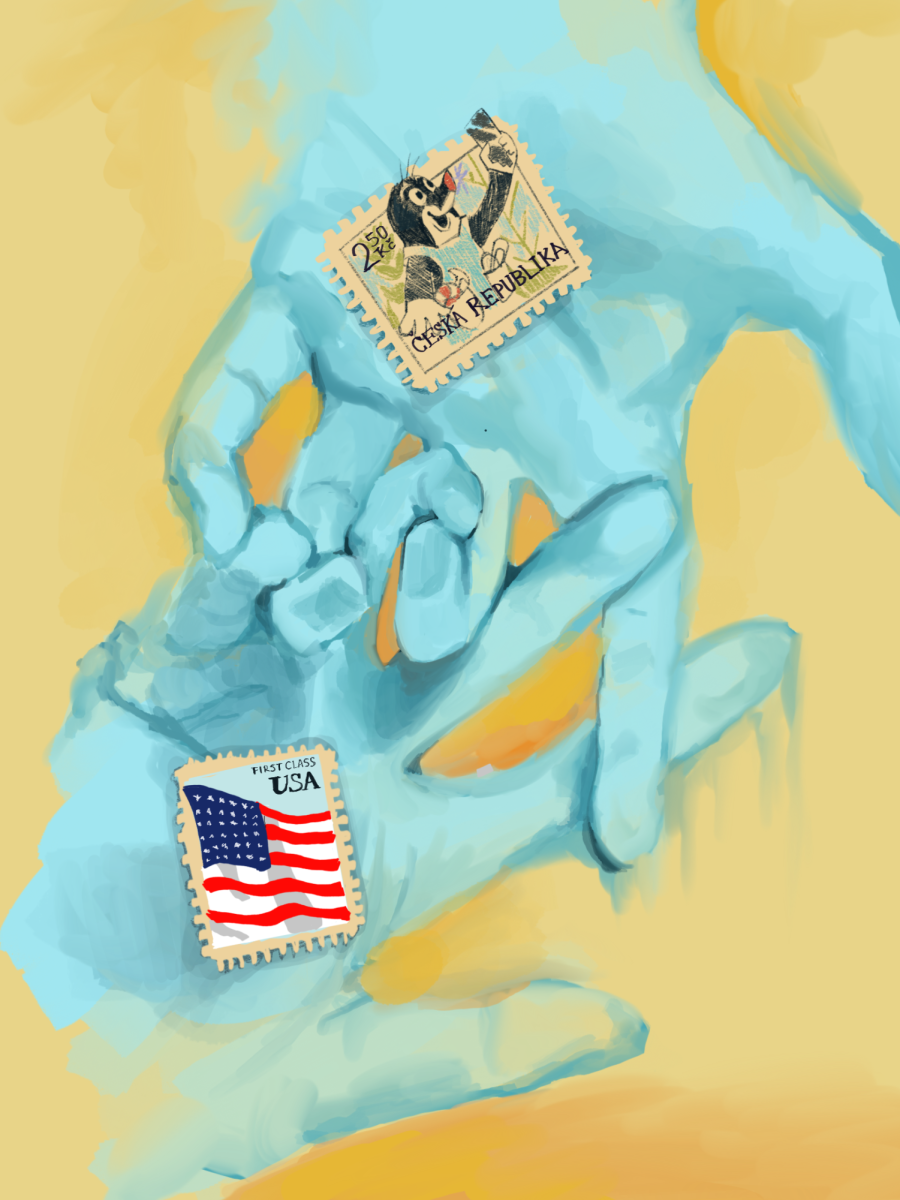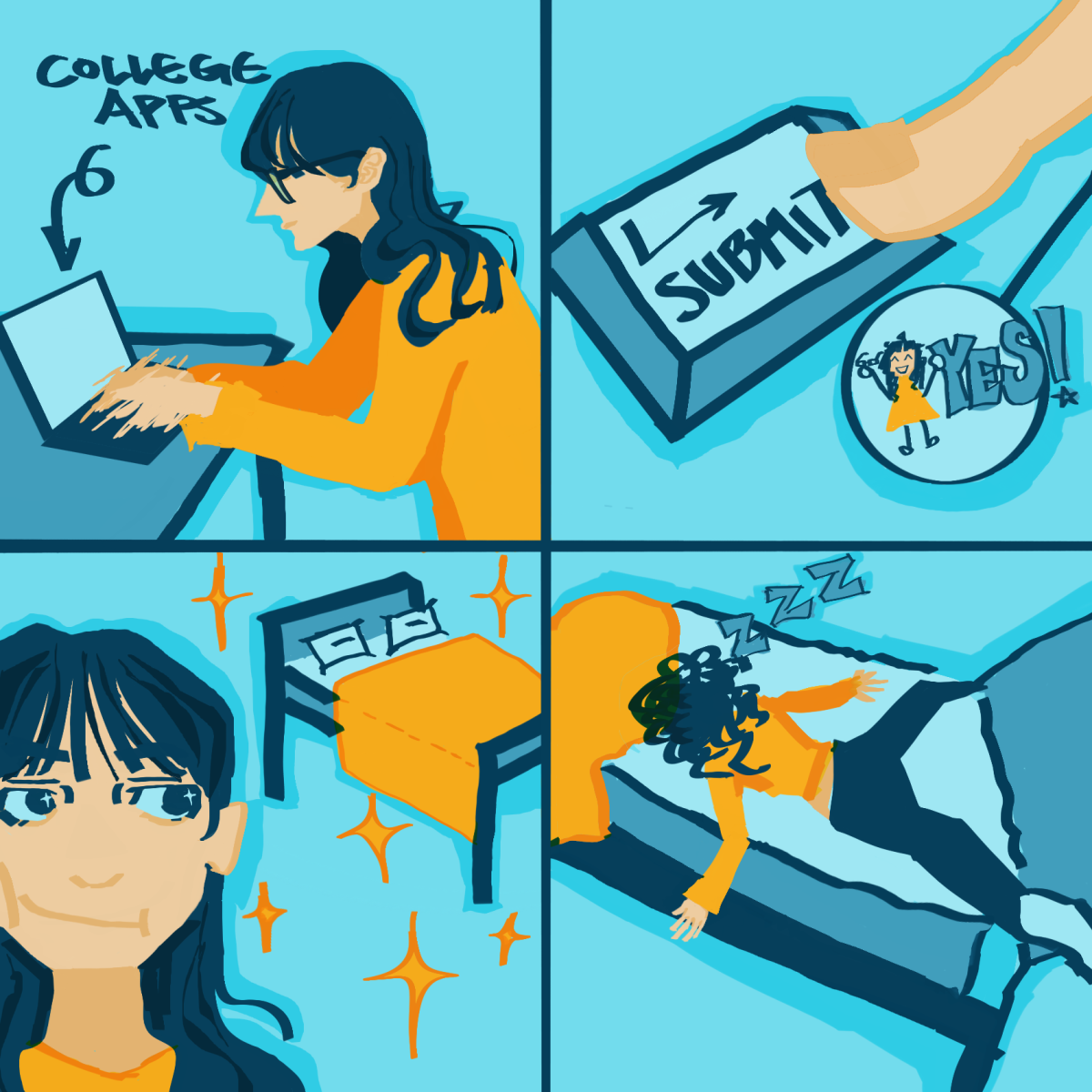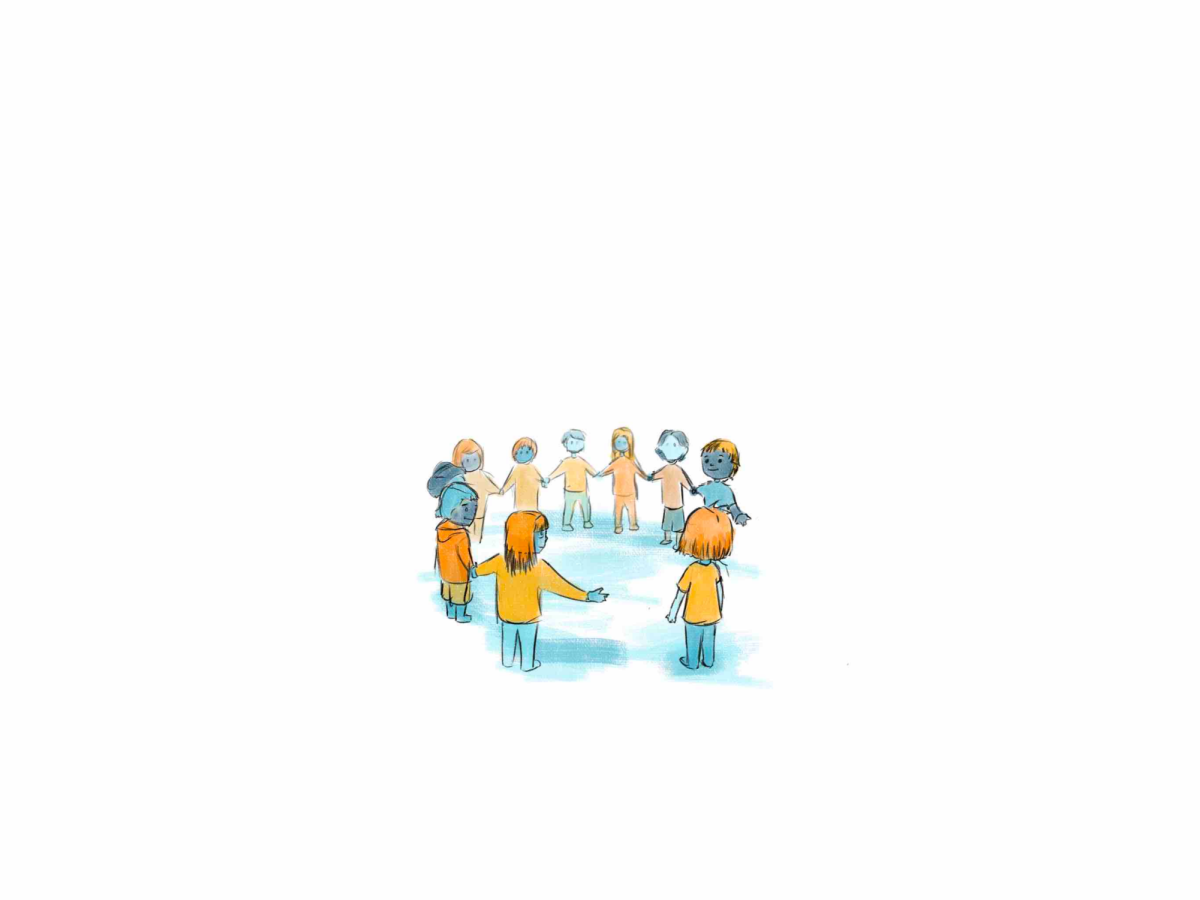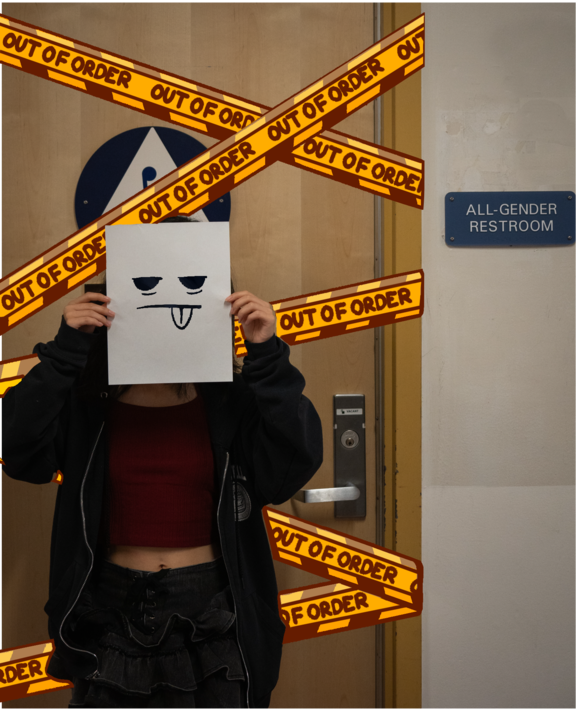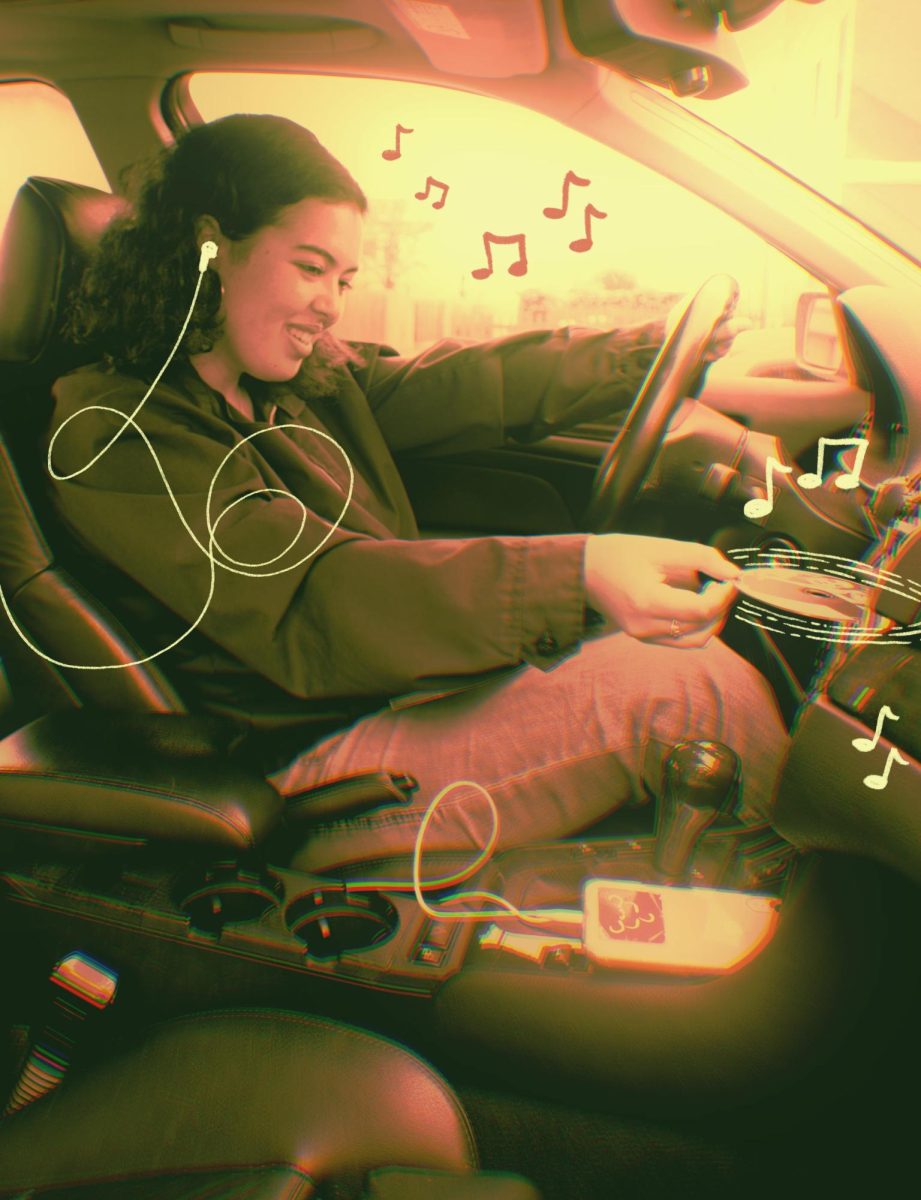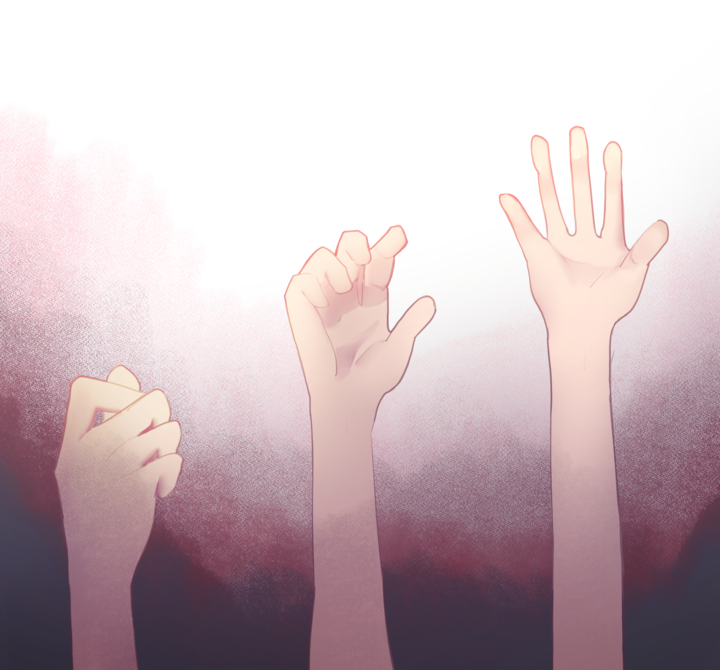Originally published on March 2, 2015
“Samantha, your mother and I have been divorced for three years, and we haven’t told you until today.” I remember this pivotal moment even though it was seven years ago — I was sitting in the front seat of my dad’s Toyota Camry, and my brother was in the back, crying. I looked out past the sand dunes of the Great Highway. I couldn’t cry. I had to stay strong for my brother, so that he knew everything was going to be okay. Everything was going to be okay. Well, that’s what I was telling myself, at least.
When I was a kindergartner, the word “divorce” was an incredible fear of mine. I dreaded nothing more than seeing my parents leave each other, breaking my family apart. My mother was an executive at an apparel company in Germany, while my dad owned pizza stores in California, and they decided to try living long distance so that they could both follow their careers. While I lived with my mom and my brother in Germany and Amsterdam for seven years, my dad made the 11-hour trek across the Atlantic every two months to see us. Because of this peculiar situation, from an early age I knew my family wasn’t normal.
“Samantha, your mother and I have been divorced for three years, and we haven’t told you until today.”
In kindergarten, I was embarrassed to find that I was the only child without two parents cheering in the audience during the school play, and the only one whose mom could not come in for storytime because she was working. With my dad in San Francisco and my mom working for Adidas in Germany, my family was only fully together once every two months. Most mothers of my classmates didn’t have to work because their husbands were executives, but my mom didn’t have that luxury. I was embarrassed by my unconventional family. I had a fairy tale image of what a family should be: two loving parents who never fought and were going to be together forever. My mother should be Cinderella, and my dad should be her Prince Charming. However, that’s not how things turned out.
This ideal family that I was expecting is what many kids wish for, and you would expect it to be the way the majority of families live by the way it is portrayed in the media. However, according to new data from the Pew Research Center, this is not the case. In 1960, 73 percent of United States children lived in a family in which their parents were together and on their first marriage, while in 2013, this number dropped to 46 percent. This is a massive drop in the number of children who live in what is considered a nuclear family in past decades. Although I felt alone throughout my parents’ divorce, now I know that I was anything but — I was now in the majority.
In 1960, 73 percent of American children lived in families in which the parents were together and on their first marriage. In 2013, this number dropped to 46 percent.
When I moved back to San Francisco at age 10, I was thrust into my new life. I was living on a new continent, and going to a new school. On top of that, I had to adjust to two homes, two bedrooms, and two different lives. I couldn’t refer to one house as “home” when in the presence of the other parent, or else they would get offended. I was forced to share my dad with his then-girlfriend and her daughter, who was only six months older than me. It seemed that my nightmare was rolling out in front of me.
However, the initial sadness and shock eventually subsided. I began to sink into the groove of my new life. A lot of my new American friends also came from divorced families, I began to realize that my family was not something to be ashamed of, but rather something to embrace. Although it wasn’t conventional, all families have their quirks.
My family is never going to be the fairy tale that I hoped for as a kindergartner. However, hardly anyone has a fairy tale family. Most families have their dysfunctions, and they are nothing the be ashamed of. I have grown to understand that I now have two places that I can call home. Now that I am getting ready for college and another new chapter in life is about to unfold, I am beginning to realize I wouldn’t as prepared for it had I not lived the life I have. With hardship comes strength; though there were many tears shed, my parents’ divorce and the resulting fallout forced me to learn many invaluable life skills — shuttling between two homes has taught me to be adaptable, and has also taught me to make the most out of a bad situation. Divorce is undeniably a sad and confusing time for everyone involved, but there is no point dwelling in your sadness when you can instead acknowledge all the good things: two families that love you no matter what.


